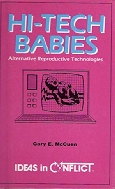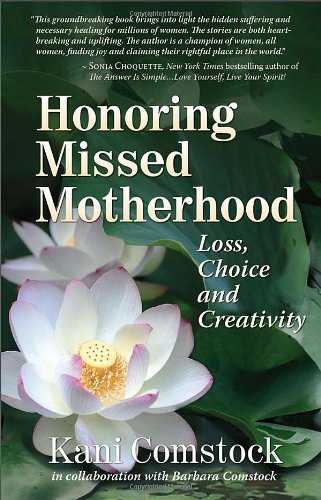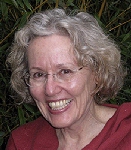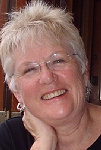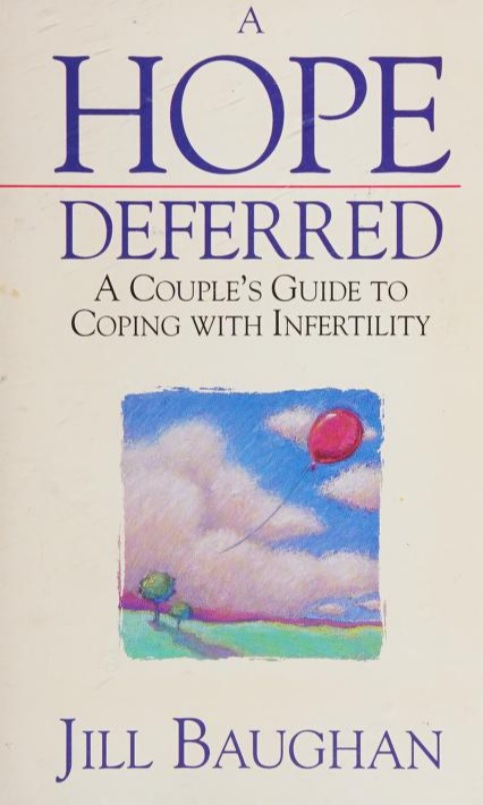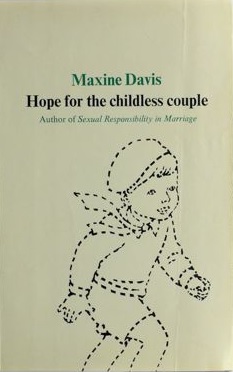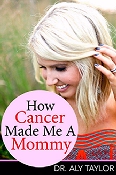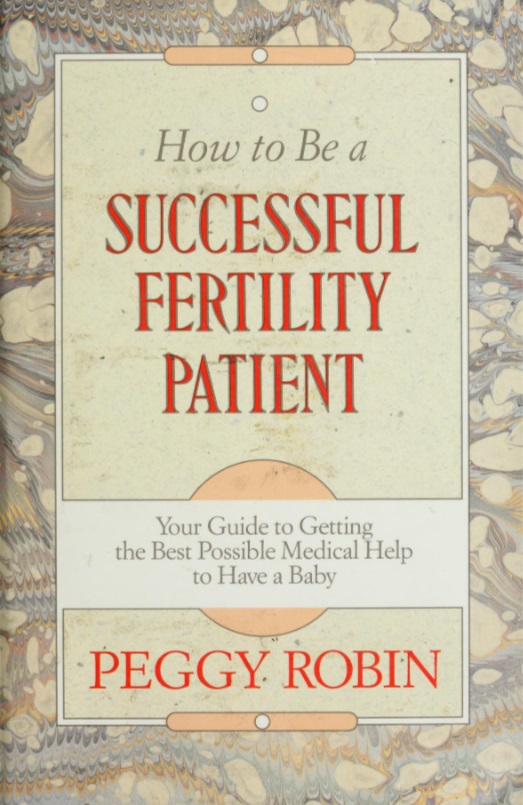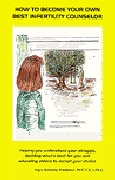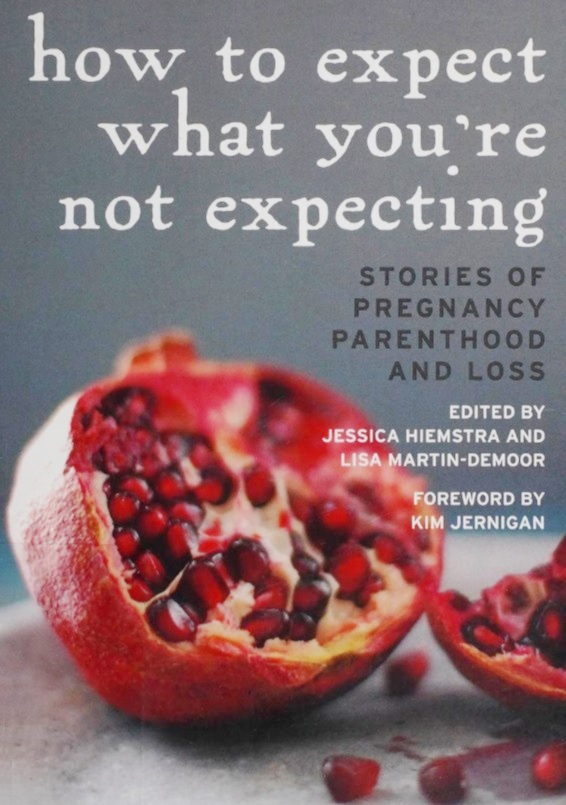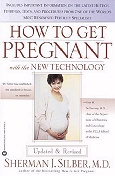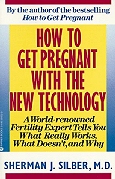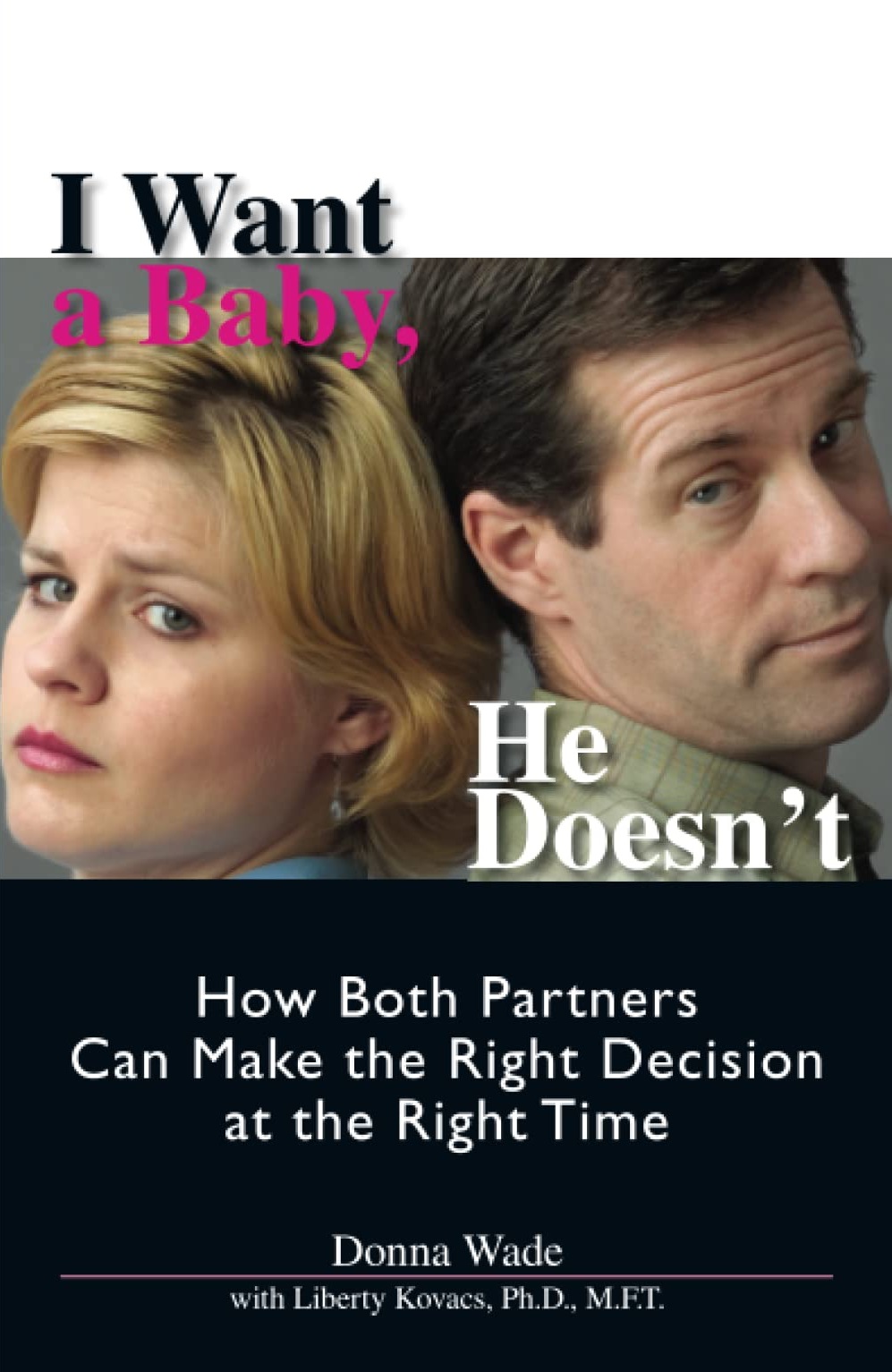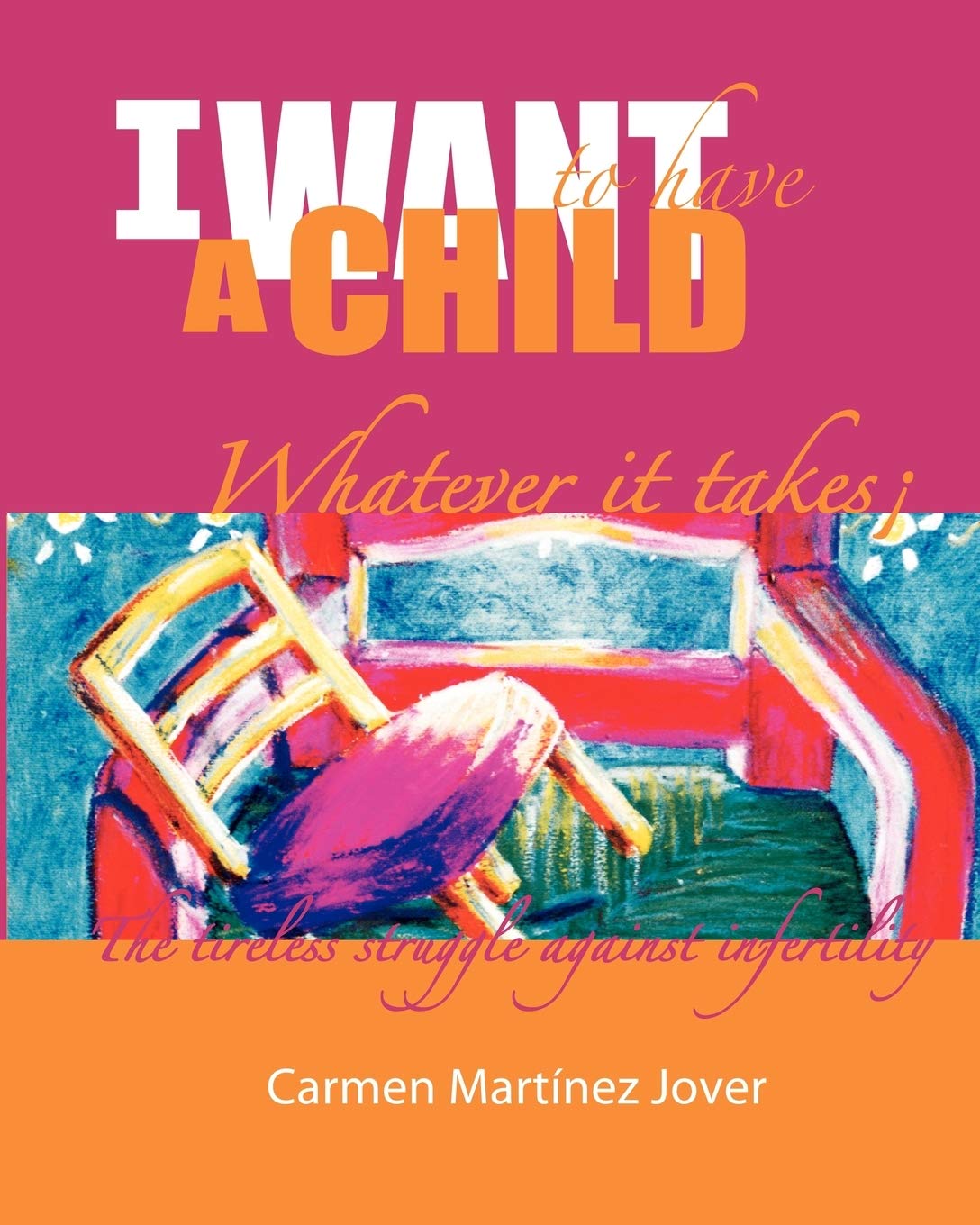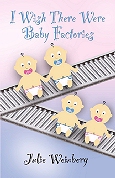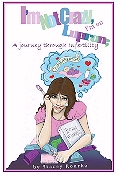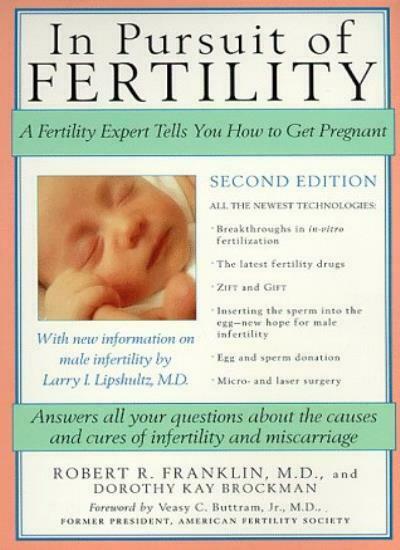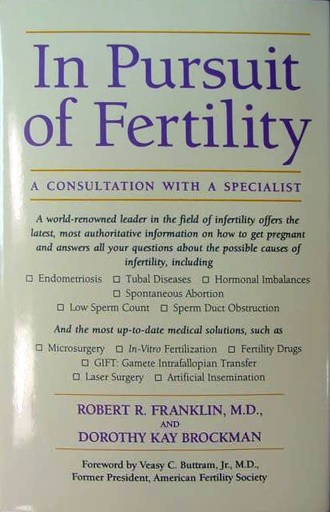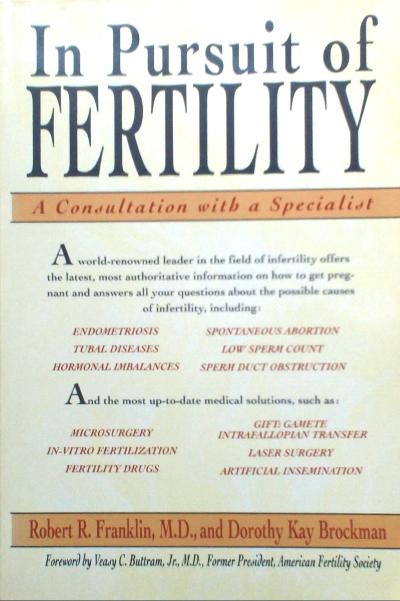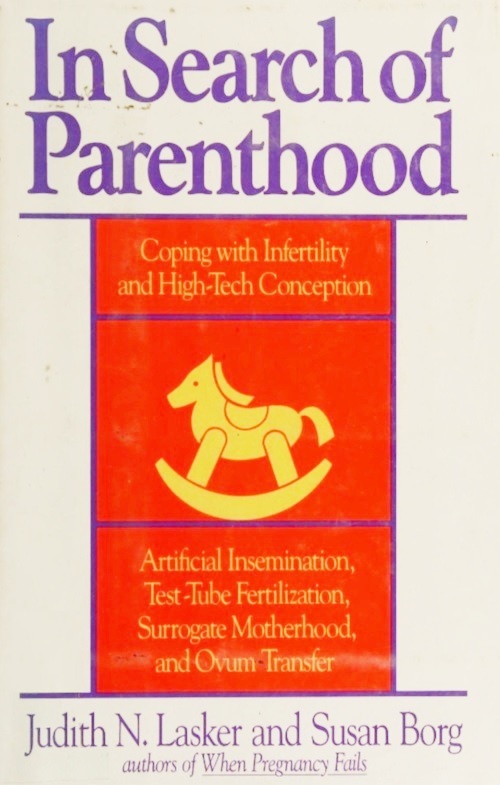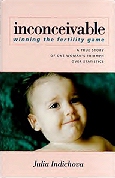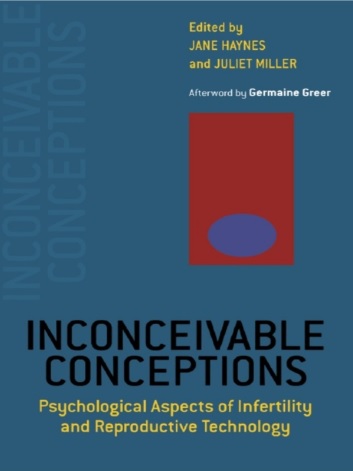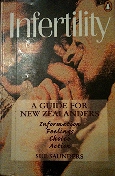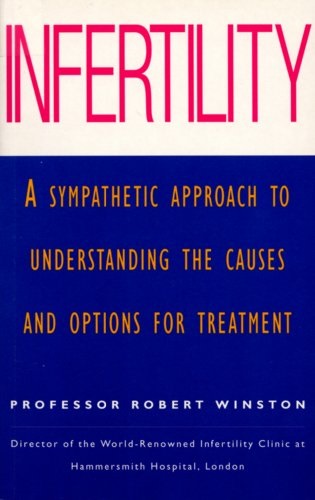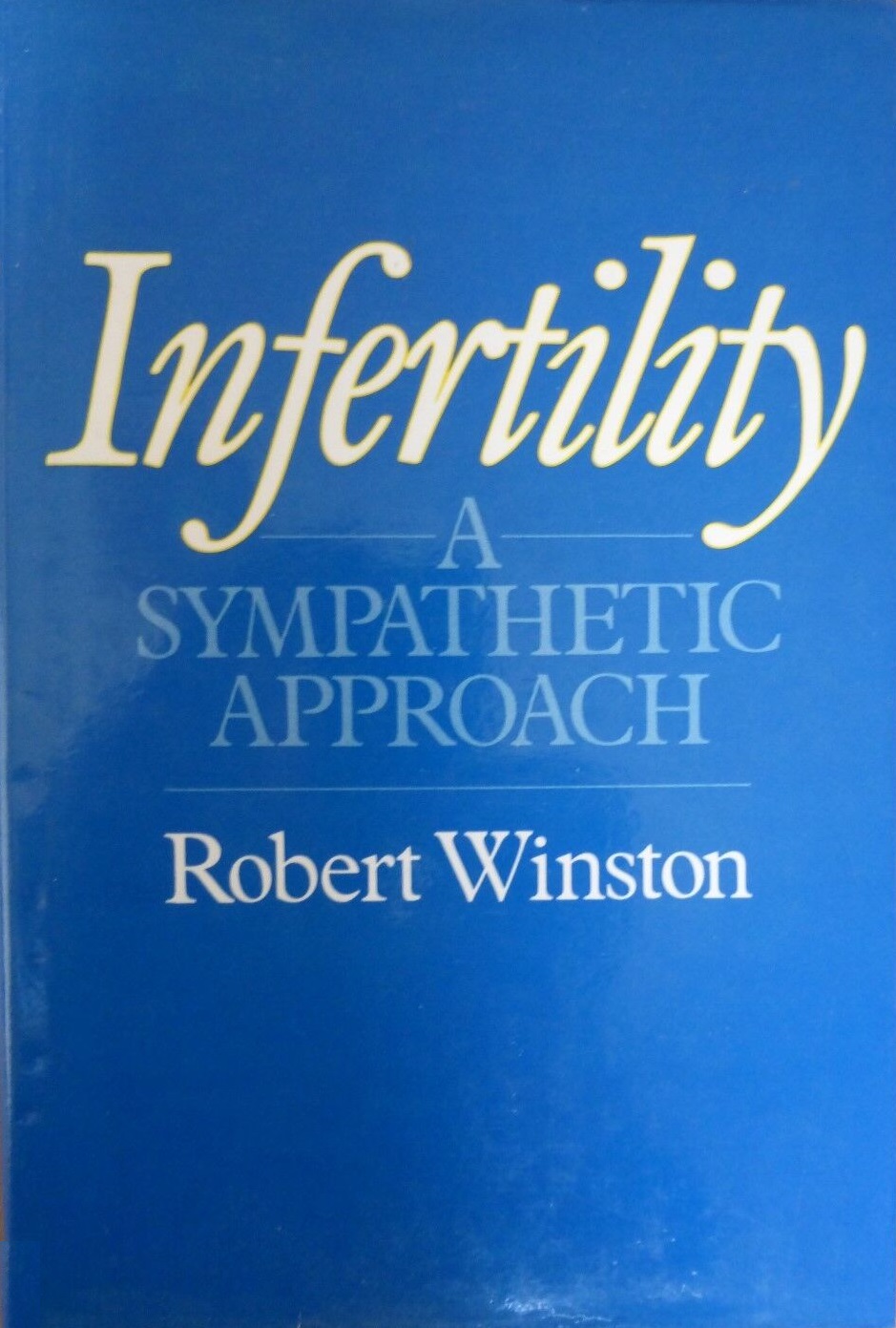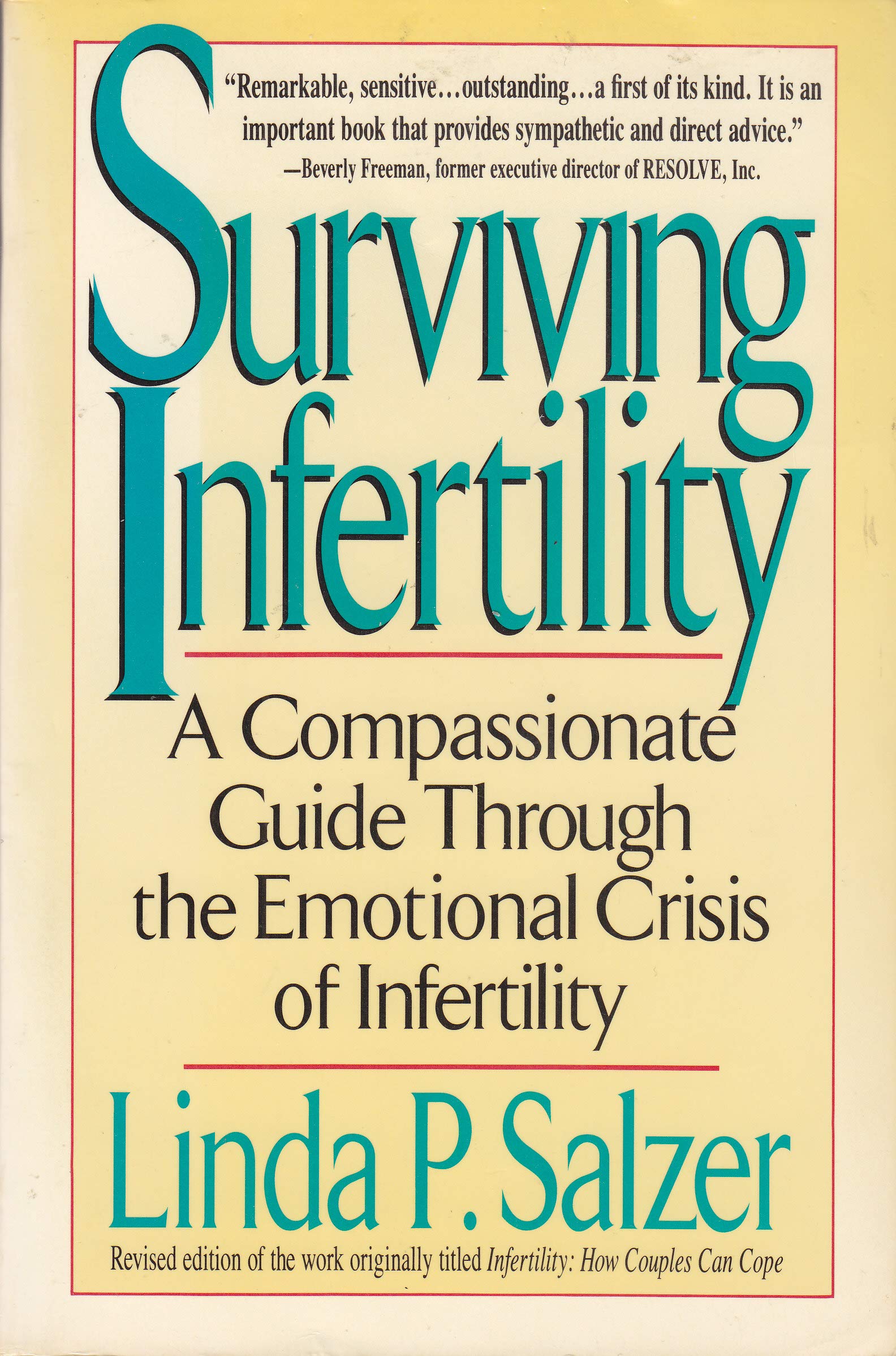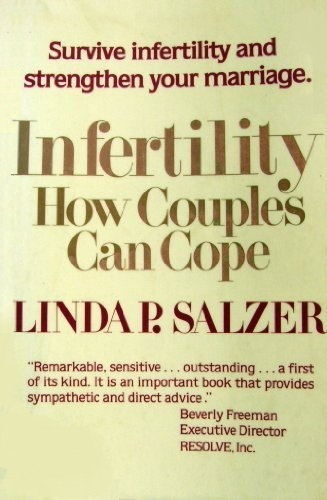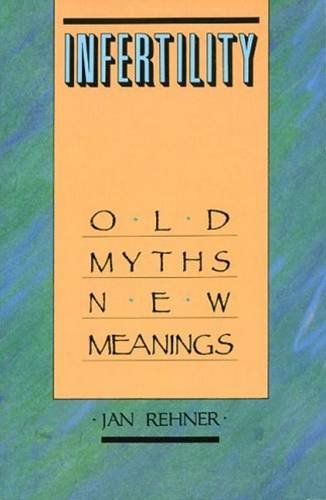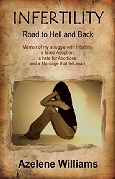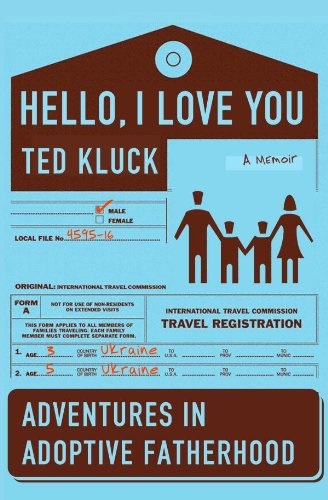 |
|
 |
“They called Svetlana tonight and told her we have to go to America and wait sixty days for you. Sixty days! I punched the wall. I paced the room like an animal. I looked at your diapers and your book and I cried angry tears. I can’t leave you like this. I miss you already.”
Two ingredients are necessary for international adoption—domestic logistics (read: mundane) and foreign logistics (read: insane). The two adoptions we’ve completed featured extra doses of both.
The domestic details are fairly predictable: endless forms, cash, home studies, cash, bureaucratic red tape, cash... you get the picture. Though tedious, the details manage to be nerve-wracking—will we make the “definitely parent material” list?
Overseas, things in our country of choice (Ukraine) happen at extreme speeds—extremely slow (We have to wait thirty days for a court date?!) or extremely fast (We’re being picked up in three minutes?!). We begin to wonder if we’re capable of surviving this foreign land, much less bringing home a local to raise as our own.
Throw in sleepless nights, dark orphanage halls, infertility, and the prayers of the saints—and you have international adoption in the real world. Tristan Volodymyr and Maxim Dmitri are our pride and joy. Hello, I Love You is the story of how they came to be ours....
About the Author: Ted Kluck is coauthor of Why We’re Not Emergent and author of Facing Tyson, 15 Stories, Paper Tiger, and The Reason for Sports. His award winning writing has also appeared in ESPN the Magazine, Sports Spectrum Magazine and on ESPN.com’s Page 2. An avid sports fan, he has played professional indoor football, coached high school football, trained as a professional wrestler, served as a missionary, and taught writing courses at the college level. He currently lives in Michigan with his wife and children.

